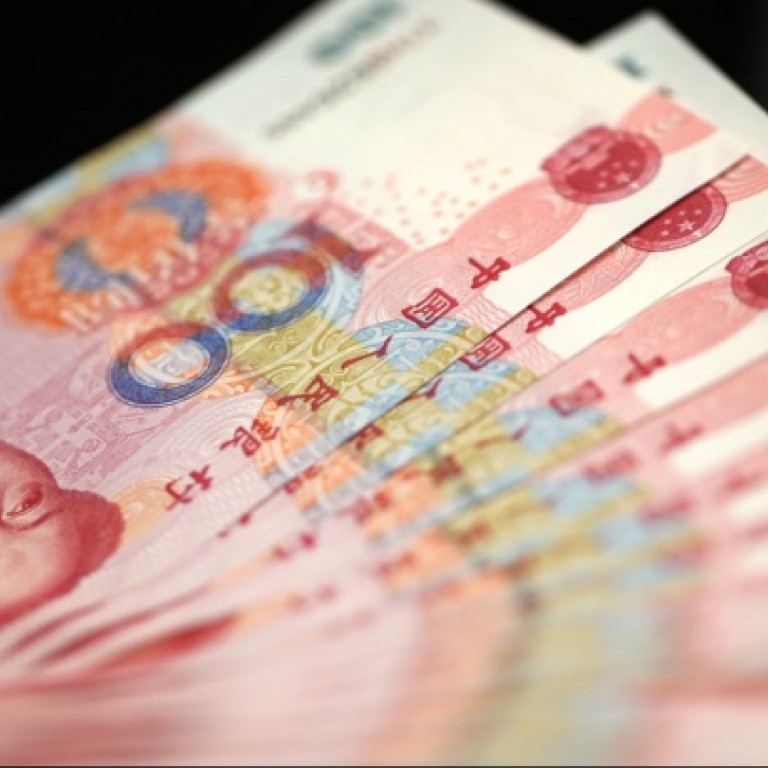
Doors open for more overseas yuan
Quota approved for new tranche of offshore yuan for foreigners to invest in mainland
Beijing has reopened the door for offshore holders of yuan to invest in the mainland's stocks and bonds, by granting more quota under the renminbi qualified foreign institutional investor (RQFII) scheme.
The Hong Kong office of China Asset Management, the mainland's largest mutual fund house, said it had obtained a fresh 2 billion yuan (HK$2.52 billion) of quota. It is the first institution that has been allowed to increase its purchases of mainland shares and debt under the programme.
The approval by the State Administration of Foreign Exchange marked the start of Beijing's efforts to bring a total of 200 billion yuan from Hong Kong to the mainland markets.
The RQFII scheme allows mainland and foreign institutions' Hong Kong subsidiaries to raise offshore yuan to invest in mainland stocks and bonds.
The previous 70 billion yuan quota was used up in January. Investors were expecting the regulator to begin granting the additional 200 billion yuan quota it announced late last year.
The granting of the new RQFII quota, which should help shore up liquidity in the weak A-share market, reflects mainland regulators' mounting worries about a further market downturn.
It had been speculated that the State Administration of Foreign Exchange would open the floodgate for new RQFII funds at the end of last month.
The Shanghai Composite Index has lost 1.6 per cent so far this year even though regulators had suspended new share offerings to stem a fresh influx of equities.
Sources said more institutions would receive new RQFII quotas in the near future.
In March, Beijing announced it would let foreign institutions' Hong Kong offices launch RQFII products, an apparent move to encourage A-share buying by overseas institutions.
From 2011, when Beijing launched the RQFII scheme, only mainland brokerages and mutual fund houses had been allowed to sell RQFII products through their Hong Kong offices.
The fund consultancy Z-Ben Advisors said in a report: "We now believe that regulators have now cleared all of the important barriers that have prevented global investors from attempting to gain an adequate exposure to the Chinese investment market."
Under the qualified foreign institutional investor (QFII) scheme, overseas institutions are allowed to convert currencies into yuan before buying A shares.
The A-share market, one of the world's worst-performing in the past three years, is home to millions of retail investors who bet years of savings on stocks, hoping to strike it rich.
A bear run on the market could cause social disorder if the investors suffered severe losses on their equity investments.
The China Securities Regulatory Commission halted initial public offerings in October. It has yet to announce a timetable for approving new listings.
The Shanghai benchmark fell 0.6 per cent to close at 2,232.97 yesterday.
Li Xiaoxuan, an analyst at Shenyin Wanguo Securities, said: "The market is still stuck in a downward spiral. The index is expected to fluctuate between 2,230 and 2,250 points."

